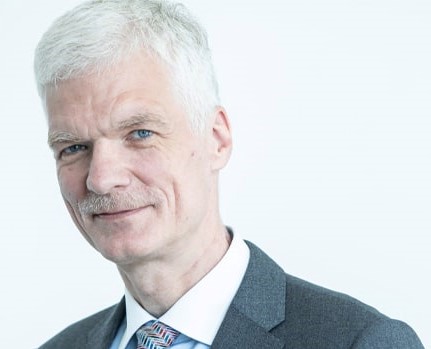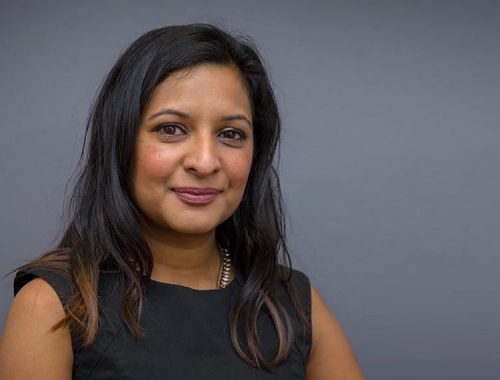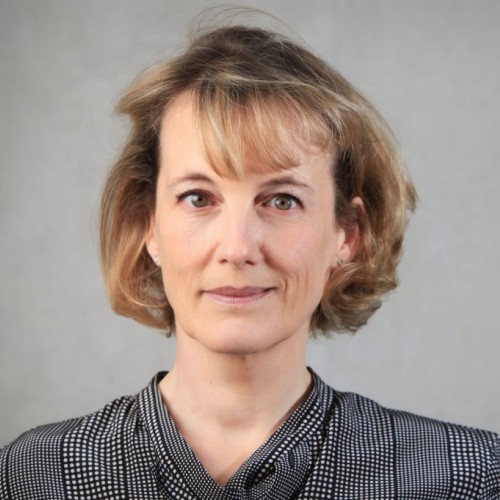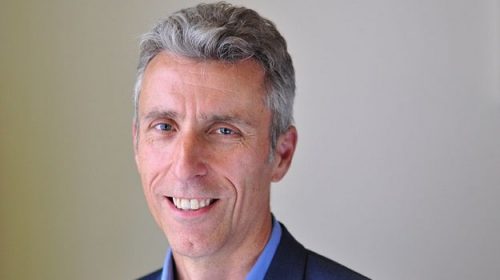Agenda
| 10.00am | Welcome and Introduction from Sir Peter Lampl, founder and chair of the Sutton Trust and chair of the Education Endowment Foundation |
| 10.10am | Presentation of the findings from Andreas Schleicher, Director for Education and Skills, OECD |
| 10.40am | Opportunity for media and audience to ask Andreas questions |
| 10.55am | Panel discussion introduced by Sir Peter Lampl
Chaired by James Turner, CEO of the Sutton Trust Andreas Schleicher, OECD Natalie Perera, CEO of EPI Lucy Heller, CEO of Ark David Hughes, CEO of the Association of Colleges |
| 11.30am | Closing remarks from Sir Peter Lampl |



 Lucy joined Ark in 2004 from TSL Education, a subsidiary of News International, where she was joint Managing Director. Her previous roles include General Manager of The Observer and Executive Chairman at Verso, a trade and academic publisher. She has worked for many years with a number of charitable and voluntary organisations including the Marshall Commission, Community Links and the Bush Theatre. She is a Trustee of the Education Endowment Foundation.
Lucy joined Ark in 2004 from TSL Education, a subsidiary of News International, where she was joint Managing Director. Her previous roles include General Manager of The Observer and Executive Chairman at Verso, a trade and academic publisher. She has worked for many years with a number of charitable and voluntary organisations including the Marshall Commission, Community Links and the Bush Theatre. She is a Trustee of the Education Endowment Foundation.
